Red Bull Team Principal Christian Horner has lent some advice based on past experiences to his counterpart Toto Wolff on how to rebuild Mercedes’ Formula 1 team.
With the technical genius of Adrian Newey on board, Red Bull dominated the sport between 2010-14 until the introduction of turbo-hybrid power units disrupted its run.
Mercedes capitalised on the overhauled engine regulations to begin an unparalleled spell of success that comprised eight consecutive Constructors’ Championships.
But since F1 returned to ground effect machinery at the start of last year, the pendulum has swung back towards Red Bull, who won all but one race in the 2023 season.
Meanwhile, Mercedes has consistently struggled under the latest rules cycle and ended the past campaign without achieving a single victory for the first time since 2011.
Having been in a similar position during Red Bull’s barren title stretch, Horner has encouraged Wolff to ensure that motivation levels don’t drop within the Mercedes camp.
Regarding the daunting mission facing Wolff in transforming Mercedes’ flailing fortunes, Horner admitted on the Sky Sports F1 podcast: “It’s a massive challenge.
“He came into the sport [2013] on the back of a winning team and enjoyed a huge period of success, serial success for seven or eight years and then suddenly, it’s a big adjustment to not be going to grands prix…and I think Mercedes have won one race in the last two seasons.
“And that will hurt and people start questioning things in the organisation, heads drop and as a leader, you have to motivate them, you have to pick them up.
“It’s a totally different challenge, being at the top of the field to striving to get back there.”

Horner asserts that tough times provide the biggest test of a leader’s capabilities because a blame culture is inevitable when a team fails to scale its previous heights.
Asked to explain the difference between being at the helm of a winning side versus one vying to reach the top, Horner said: “I think that it’s making sure that people believe in themselves and trying to instil confidence.
“And it’s inevitable that when you’ve been winning for a long period of time that, when suddenly you’re not winning, then that’s when fingers start getting pointed and the team gets truly challenged during that period.”
Horner added that he was “proud” of the way Red Bull responded to the problems it encountered when it was hamstrung by an underpowered and unreliable Renault engine.
“And that’s where I’m particularly proud at Red Bull,” he continued. During the period that we weren’t able to be in a winning position, which was largely out of our control, we were still winning races in every single year, two or three races.
“Bar 2015, we won a minimum of two or three races every year. At the places that we could do so, where the engine disadvantage was nullified.”



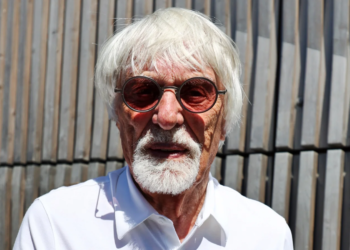

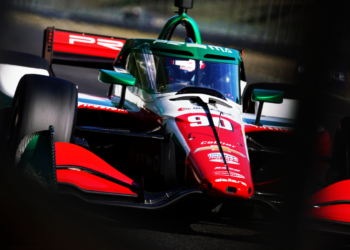
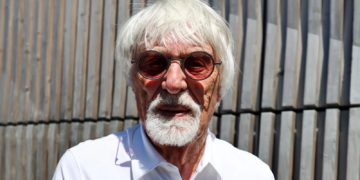
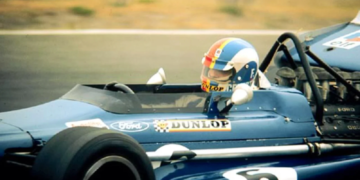
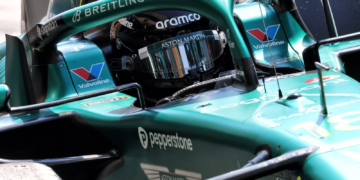
Discussion about this post